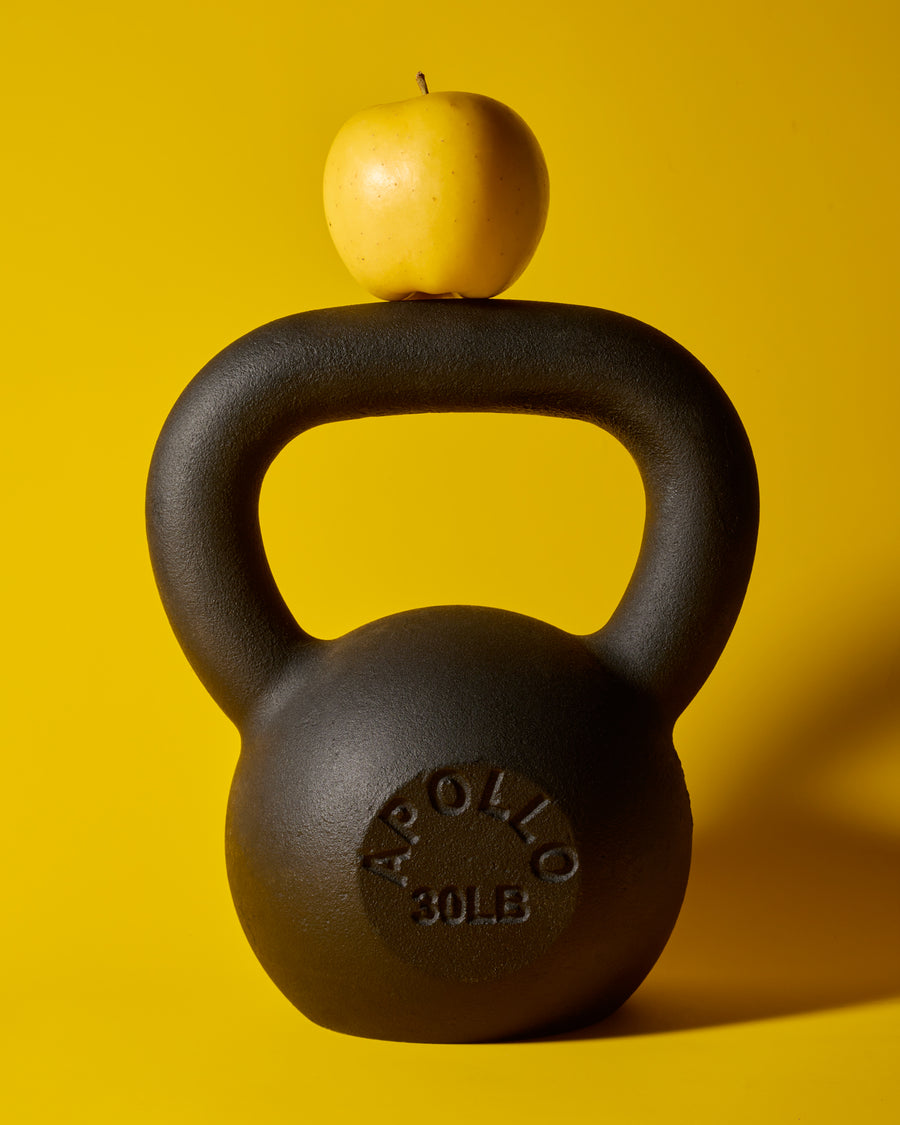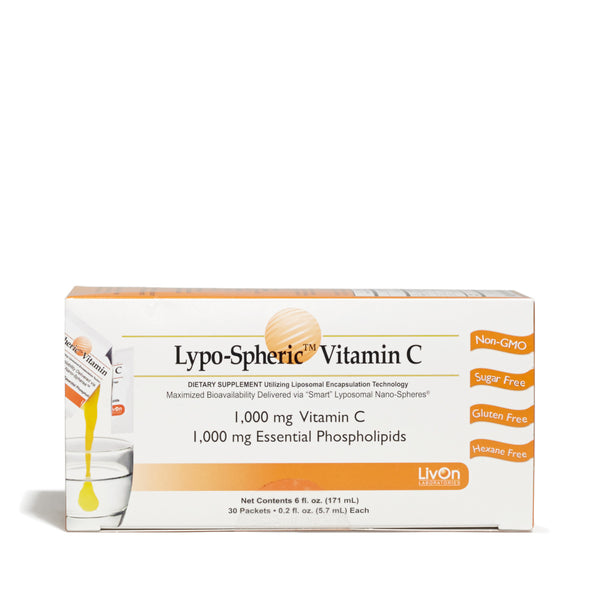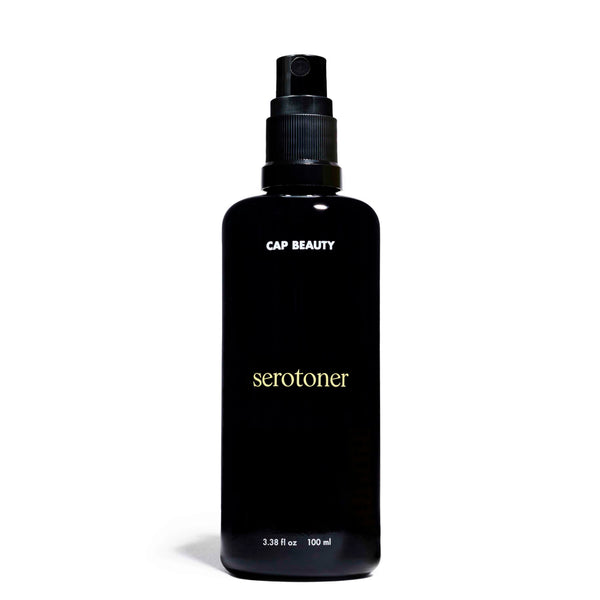How do you define stress? And how does it present in the people you treat?
This is a really important topic, and something I’m thinking more and more about—inspired by the popularity of adaptogens as “herbs that help the body deal with stress.”
Stress, broadly defined, is anything that adds to the load our bodies are carrying in daily life. Stress can be psychological (deadlines, disagreements, depression) or physical (fitness training, travel, lack of sleep). It’s often an external sort of insult (illness, injury, environmental toxins) and even more often, not something we may immediately recognize as stress (alcohol or caffeine, food we’re sensitive or allergic to).
Some stress is “good” (productive)—exercise, for example—and some is “good” or “bad” based on how we perceive it—do high-intensity work sessions stress you out or do they make you feel energized, purposeful and rewarded?
Like anxiety, the term stress has both strict and very individual definitions; both are important to consider when identifying it as the cause of symptoms, and so treating it.
And that last point is major: Stress is a cause of many symptoms, and it is also caused by something. In remedying it, as with remedying any imbalance, we want to dig all the way to the root cause in order to treat it, rather than just medicating symptoms.
Essentially all herbs “help the body deal with stress”—from nervines for the nervous system to bitters for digestive stresses, liver supportive herbs (hepatics) for toxic and hormone-imbalance related stresses, and sedatives for sleep. And, all of these should be paired with lifestyle change(s) that address the source of that stress, be it dietary, environmental, mental or psychic.
What are your favorite herbs for general stress reduction?
My favorite remedies for stress reduction are lifestyle practices, which we all know are far more effective than any herb or supplement. Sleep, exercise, mental health, great food … these have to come first!
Then, from herbs, we can get support for the effects and symptoms of stress, right? It seems like semantics but it’s actually a bit problematic to say that any herbs help reduce stress, and that’s a popular thing to say (market) right now!
Nervines are herbs that help calm and heal our nervous system. These are my absolute favorite for providing quick, consistent relaxation, plus long-term rehabilitation. There’s a ton of hype around adaptogens for stress, but what most folks need are actually the nervines.
Adaptogens are great for athletes, endurance of all kinds, performance enhancement and recovery. They’re generally not fast-acting and need, actually, to be taken daily, long term, for full benefits.
My personal resilience protocol (currently) includes a daily blend of herbs including high-dose ashwagandha, and lots of nervines at happy hour and before bed (lavender, skullcap, oat, passionflower, etc.).
Dosage, consistency, and finding a well-designed high-quality formula (blend) are key to working with herbs.
Do you ever take herbs preventatively to manage stress?
I have long loved kava before social events or public speaking. Otherwise, I rely on a super-solid daily routine to help me weather the ups and downs (of stress, cold/flu season, anything!).
How does anxiety play into stress, and what herbs do you like for those experiencing both stress and anxiety?
The best herbs in the world for anxiety (and also stress in many cases), are nervines! (see above)
How does stress lead to burnout? What is your go-to herbal protocol for burnout relief?
After dialing in diet and lifestyle, I generally recommend a blend of herbs that includes cordyceps and ashwagandha (both calming adaptogens that help with recovery), often licorice (to support cortisol levels and adrenals), and lots of nervines for repairing the nervous system. These have to be paired with an adjusted environment too, though (boundaries! true recovery!).
How do you feel about caffeine consumption when feeling stressed and overwhelmed? Are there herbs / plants we should avoid?
Ah caffeine. It’s a magical alkaloid that works as advertised and is definitely part of herbalism’s catalog of remedies, but rarely one we’re going to recommend folks add or increase consumption of. I describe it as a taker. Caffeine pushes our bodies (brains included) to perform at a higher than “normal” level, but as we all know, tolerance builds quickly, leading to dependency, and reduced effects. In short, I recommend keeping caffeine intake as low as possible, with a total break at least once a year. (I’m a big fan of breaking habits, even good ones, as a way to continually reassess our relationship to what we’re reliant on.)
Rather than doubling-down on caffeine during stressful times, consider herbs that both enhance our performance and rehabilitate the energy system (because those exist!). Caffeine-free energizing herbs I love include ginsengs (panax, American ginseng and eleuthero) and rhodiola. Nootropics like rosemary, lion’s mane and bacopa help improve memory, focus, and concentration—all while improving brain (and overall) health, rather than ultimately exhausting us (espresso, Ily but …).



